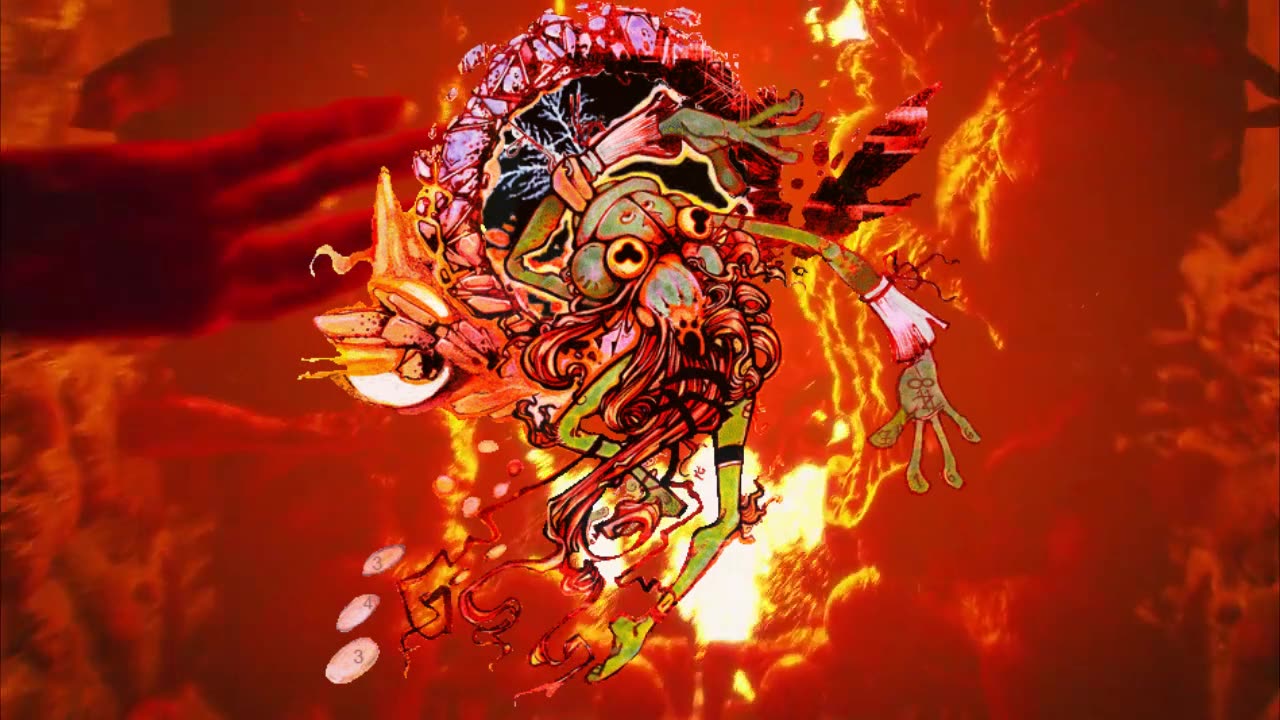Premium Only Content

The Last Time No Expectations The Rolling Stones
'The Last Time'
From: 'Out of Our Heads' (1965)
'No Expectations'
From: 'Beggars Banquet'
by The Rolling Stones
There were scraps on my cutting room floor and before I emptied the cosmic recycle bin, I thought I'd give you a peak at my garbage. A lawyer's kid knows garbage...
The Last Time was inspired by a 1955 gospel song called "This May Be The Last Time" by The Staple Singers. The Stones changed the meaning of the song, making it into a stern message to a girl. The Staples version had a more uplifting message and was much more spiritual.
Many gospel fans felt The Stones ripped it off, since The Staple Singers never got any royalties from it. Since it is a traditional song (meaning no one owns the rights to it), many artists have recorded it, but The Stones were a very high-profile band that had success reworking songs by black artists into hits. Many people believe The Stones should have compensated The Staple Singers because it was based on their version of the song.
In the 2003 book According to the Rolling Stones, Keith Richards wrote: "We didn't find it difficult to write pop songs, but it was VERY difficult - and I think Mick will agree - to write one for the Stones. It seemed to us it took months and months and in the end we came up with The Last Time, which was basically re-adapting a traditional gospel song that had been sung by the Staple Singers, but luckily the song itself goes back into the mists of time. I think I was trying to learn it on the guitar just to get the chords, sitting there playing along with the record, no gigs, nothing else to do. At least we put our own stamp on it, as the Staple Singers had done, and as many other people have before and since: they're still singing it in churches today. It gave us something to build on to create the first song that we felt we could decently present to the band to play... The Last Time was kind of a bridge into thinking about writing for the Stones. It gave us a level of confidence; a pathway of how to do it. And once we had done that we were in the game. There was no mercy, because then we had to come up with the next one. We had entered a race without even knowing it."
This song did have some clear antecedents in black American music, in particular the 1964 James Brown single "Maybe the Last Time," which was itself based on ideas found in a traditional gospel song that had been recorded, but not written, by the Staple Singers. Some have accused the Stones of literally stealing from their black heroes, but "The Last Time" is clearly different from and more rock-oriented than the tracks recorded by James Brown and the Staple Singers, although there are some similarities in approach and the use of the title lyric.
The Stones recorded this in Los Angeles on a one day tour stopover on their way to Australia. The Stones were on a grueling American tour, but in order to capitalize on their success they wanted to keep cranking out singles, especially in England because they were not there. As a result, they frequently recorded in between American shows.
Phil Spector assisted with the production. You can hear his "Wall Of Sound" approach on the recording.
The opening guitar riff repeats throughout the song. This was an innovative device for a pop song at the time.
The Who recorded this in 1967 as a show of support when The Stones were being held in England on drug charges.
When Rolling Stones founder Brian Jones died in 1969, "No Expectations" suddenly and magically took on new meaning, as lyrics like "Our love is like our music, it's here and then it's gone" made it a fitting elegy. Jones' slide guitar on the song was one of his last meaningful contributions to the group; after years of drug addiction and squabbles with the band, he was fired from the group in June 1969 and died less than a month later. How do you get ahead in Rock and Roll? Sacrifice, sacrifice, sacrifice.
Mick Jagger explained: "That's Brian playing steel guitar. We were sitting around in a circle on the floor, singing and playing, recording with open mikes. That was the last time I remember Brian really being totally involved in something that was really worth doing. He was there with everyone else. It's funny how you remember - but that was the last moment I remember him doing that, because he had just lost interest in everything."
The Stones performed this on Rock and Roll Circus, a British TV special The Stones taped in 1968, but never aired. Brian Jones played this with a passion he was clearly losing as drugs took over his life. Rock and Roll Circus was released on video in 1995.
Nicky Hopkins, who also played with The Who and The Beatles, played piano on this track.
-
 UPCOMING
UPCOMING
LFA TV
14 hours ago| LIVE FROM AMERICA 3.7.25 11AM
2.59K -

Randi Hipper
1 hour agoDonald Trump makes HISTORY with Strategic Bitcoin Reserve Announcement
6.14K1 -
 49:45
49:45
BonginoReport
4 hours agoTrump’s Cryptic Putin Threat (NEW STUDIO) (Ep.155) - 03/07/2025
69.7K80 -
![🔴[LIVE] Breaking Market News, Powell Conference & Trump Speech || The MK Show](https://1a-1791.com/video/fwe2/c1/s8/1/4/f/p/q/4fpqy.0kob-small-The-MK-Show-Mar.-7th.jpg) LIVE
LIVE
Matt Kohrs
10 hours ago🔴[LIVE] Breaking Market News, Powell Conference & Trump Speech || The MK Show
1,459 watching -
 LIVE
LIVE
Wendy Bell Radio
6 hours agoWho's Your Daddy?
13,917 watching -
 1:38:45
1:38:45
Jeff Ahern
2 hours ago $1.21 earnedFriday Freakout with Jeff Ahern (Dems Keep Losing)
12.9K2 -
 1:11:37
1:11:37
LFA TV
14 hours agoThe MOST PRECIOUS Commodity of ALL!! | WORLD HD 3.7.25 8AM
32.8K1 -
 10:25
10:25
Melonie Mac
22 hours agoThe Last of Us 3 won't be happening by the look of it
49.5K54 -
 14:50
14:50
Mrgunsngear
22 hours ago $6.62 earnedRuger LC Carbine 10mm Review 🇺🇸
50.7K35 -
 15:17
15:17
Degenerate Jay
1 day ago $8.44 earnedThis Batman Keeps Coming Back!
47K16